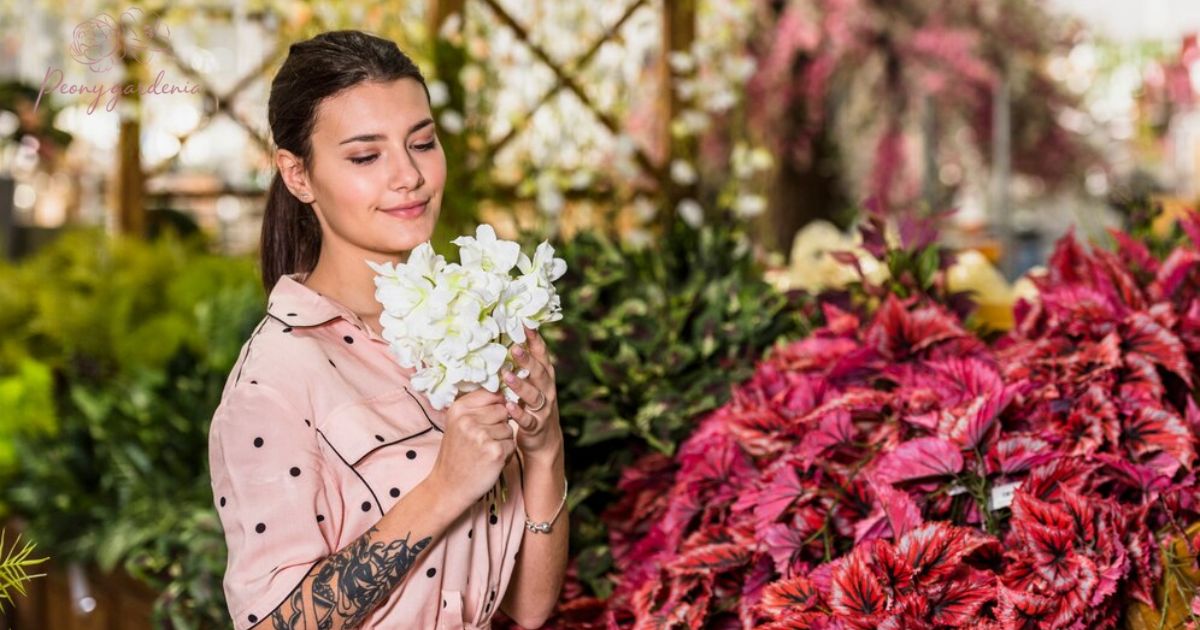Peony Pavilion (also known as The Peony Pavilion) is a masterpiece of Chinese literature, written by Tang Xianzu in 1598 during the Ming Dynasty. This romantic drama blends love, fantasy, and a reflection on the boundaries between life and death. Among its vibrant cast of characters, one stands out: the enigmatic “Fragrance.” Her symbolic presence plays a crucial role in the story, captivating readers and audiences alike.
The Essence of Peony Pavilion
Before diving into the character of Fragrance, it’s essential to understand the premise of Peony Pavilion. The play centers on Du Liniang, a young noblewoman who falls in love with a scholar named Liu Mengmei. What makes this story unique is that their love begins in a dream and transcends the boundaries of life and death. In this 55-act play, Tang Xianzu explores the power of love, the fragility of life, and the beauty of dreams. Fragrance is a manifestation of these themes, appearing as both a literal and symbolic force within the narrative.
Who is Fragrance in the Context of the Story?
In Peony Pavilion, Fragrance is not a physical character in the traditional sense. Instead, she symbolizes the ethereal, otherworldly aspects of love and desire. Fragrance embodies the dreamlike quality that permeates the play, representing the intangible yet powerful emotions that drive Du Liniang and Liu Mengmei together. Her presence can be felt in the scenes where Du Liniang dreams of her lover and when she awakens to find herself deeply changed by that dream.
The use of the name “Fragrance” is significant. Fragrance in Chinese culture often symbolizes memory, longing, and the unseen but deeply felt essence of life. In Peony Pavilion, it serves as a reminder that love, like fragrance, can be pervasive and transformative, even when it cannot be seen or touched.
Fragrance as a Symbol of Du Liniang’s Awakening
Du Liniang’s journey in Peony Pavilion is one of self-discovery and awakening. When she dreams of Liu Mengmei in the garden, it is the first time she experiences love, and this dream leaves a lasting impression on her soul. Fragrance represents this awakening—a sensory experience that lingers in her heart long after the dream has ended. Much like fragrance lingering in the air long after the flower fades, the memory of her dream lover haunts and inspires her.
Fragrance represents the dream world Du Liniang inhabits, where heightened emotions and manifest desires shape her experience. In this sense, she bridges the gap between the real and the unreal, underscoring one of the central themes of Peony Pavilion: the permeability of the boundary between life and death, dream and reality.
The Role of Fragrance in Liu Mengmei’s Quest
For Liu Mengmei, Fragrance in Peony Pavilion represents the guiding force that leads him to Du Liniang. He becomes the physical embodiment of the dream Du Liniang experienced, proving that love can transcend even the greatest of barriers. Fragrance’s influence on Liu Mengmei symbolizes destiny and the unseen forces that bring lovers together.
As Liu Mengmei dreams of Du Liniang, he too is enveloped by the scent of Fragrance, hinting at a shared destiny. Fragrance serves as a connection between the two lovers, binding them in a way that defies reason and the limitations of the physical world.
Fragrance and the Theme of Resurrection
Another essential aspect of Peony Pavilion is the theme of resurrection. Du Liniang’s death from heartbreak after her dream is a poignant moment in the story. Love brings her back to life. Fragrance symbolizes the lingering power of love and beauty, which even death cannot extinguish.
Cultural and Literary Significance of Fragrance in Peony Pavilion
In Chinese literature and culture, the concept of fragrance is often tied to the idea of memory and the persistence of emotions. Peony Pavilion uses Fragrance as a literary device to evoke a sense of nostalgia and longing. This aligns with the broader themes of Chinese romantic literature, where the beauty of the natural world often mirrors the beauty and sorrow of human experience.
Moreover, the association of fragrance with the peony pavilion is deliberate. Peonies in Chinese culture symbolize wealth, honor, and romantic love. By intertwining the idea of Fragrance with the peony, Peony Pavilion reinforces its central message: love is an ethereal yet potent force that can overcome even the barriers of mortality.
Conclusion
Ultimately, Peony Pavilion is a testament to the enduring power of love and the dreams that shape our lives. Fragrance symbolizes the invisible threads that connect us to our deepest desires, making her an integral part of this timeless masterpiece.


